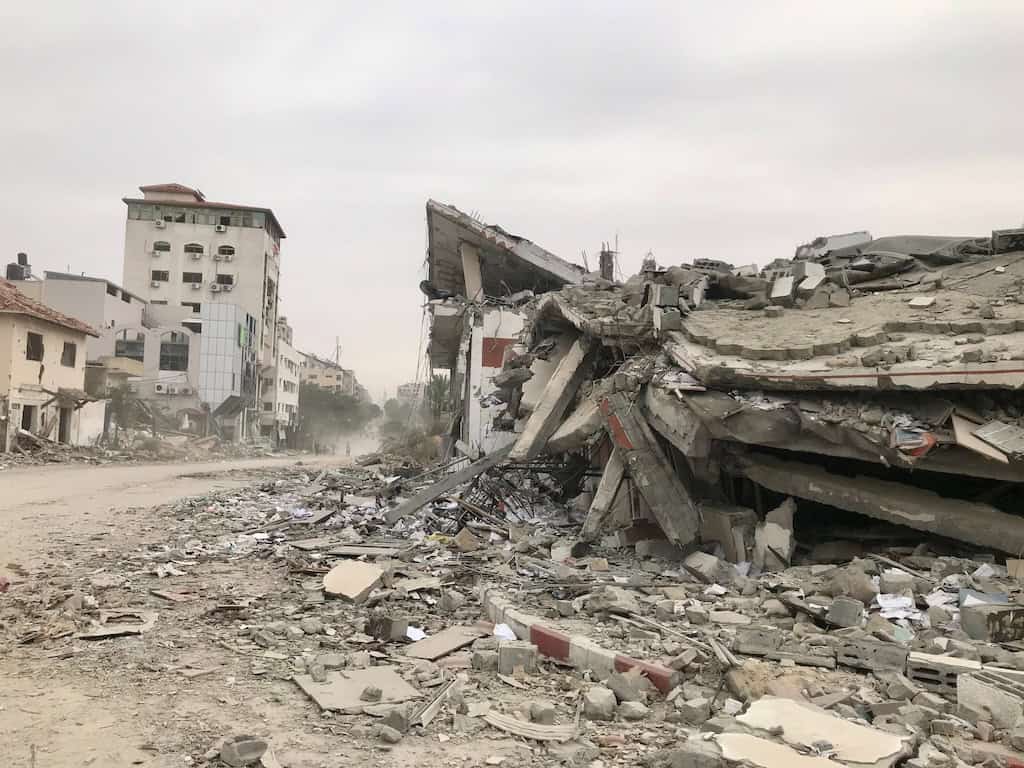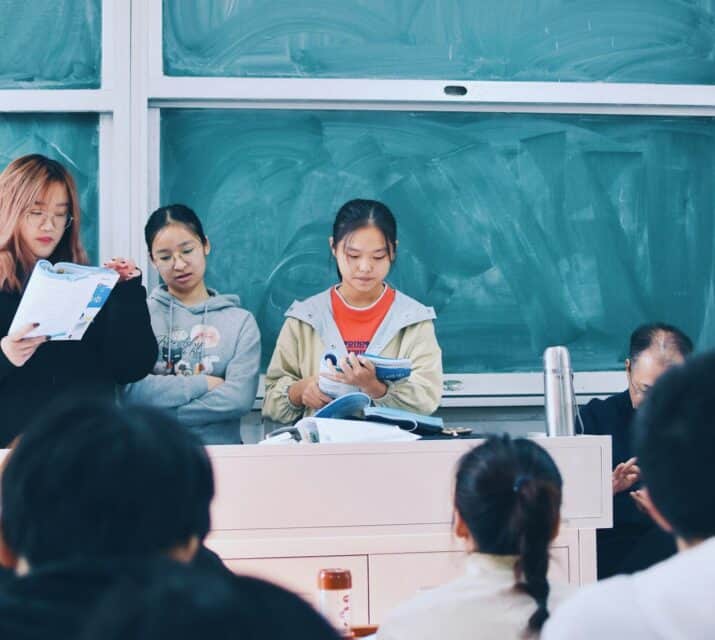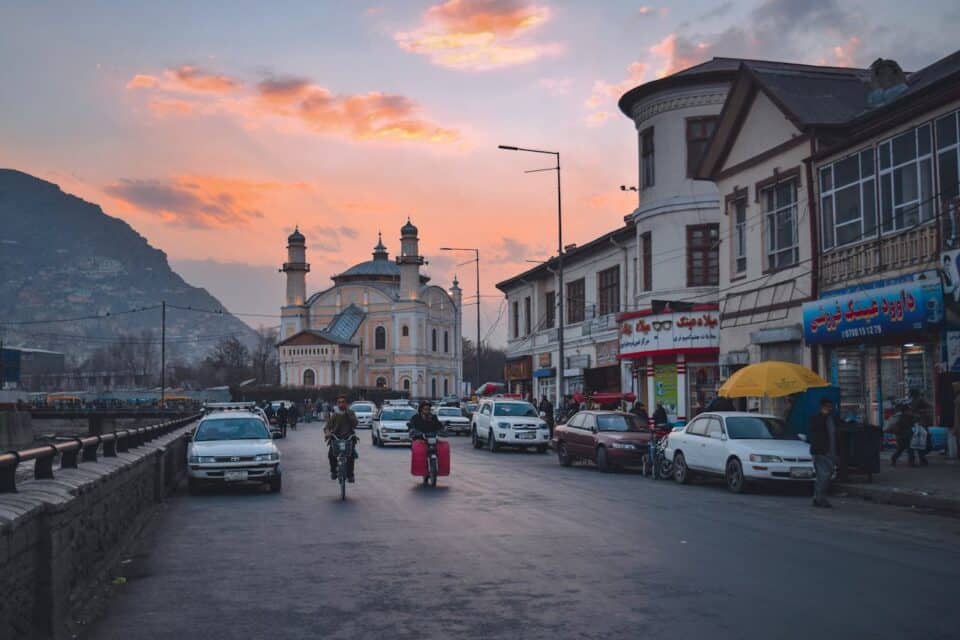Governments and armed groups must refrain from attacking higher education communities in Israel and Palestine, an advocacy group has urged, as the conflict in Gaza continues to take its toll on students and academics.
Universities on both sides have been caught up in the violence since the war began over three months ago.
Students and professors from Israel’s Ben Gurion University were among those killed and taken hostage in the Hamas attacks on October 7, while retaliatory attacks on Gaza have led to the death of 427 students and 12 university employees, according to the Palestinian government’s most recent figures in November.
They added that nine buildings in the Gaza Strip and two in the West Bank had been completely or partially damaged and said Israeli forces had “stormed” and damaged campuses including Al-Quds Open University and Palestine Technical University. In Gaza, Al-Azhar University and the Islamic University were also bombed by Israel, which claimed the institutions contained Hamas infrastructure.
“Rebuilding Gaza will be a monumental task”
A representative from advocacy group Scholars at Risk told The PIE News, “We don’t know what the future holds for Gaza, but rebuilding it will be a monumental task.
“We know from other conflicts that the expertise housed within the higher education system is vital for this kind of rebuilding: from the engineers that will reconstruct buildings to the teachers who will instruct the next generation.
“The destruction of Gaza’s higher education system makes this task of rebuilding immensely more challenging.”
Beyond direct attacks, students and scholars in both Israel and the occupied Palestine territories are at risk because of their “political views and personal identities”, according to SAR.
In a recent report, the organisation gave examples of academics being forced to resign and students being suspended from Israeli universities for their views on the conflict.
“Students and faculty members who express any disagreement with Israel’s ongoing military actions are accused of supporting Hamas and risk suspension and loss of position,” the SAR representative said.
“This creates an atmosphere of fear that will chill intellectual discourse, damaging academic freedom and democratic society more generally. Rebuilding trust will become more challenging as the crisis continues.”
Globally, the war has exposed deep divisions within the higher education community. Both Muslim and Jewish students have reported rising hate incidents and some have been punished for expressing their views on the conflict. This puts “scholars and students everywhere at risk”, SAR said in a statement.
The group called on states, non-state armed groups, the higher education sector and civil society to protect higher education from attack, including by implementing a lasting ceasefire.
At a minimum, the organisation said, both sides should refrain from targeting and occupying educational facilities and institutions. The higher education community should also work to facilitate the safe movement of scholars and students out of conflict areas and support should be given to those at risk because of their views.
“These include Palestinian scholars and students in the OPT, in Israel, and outside the immediate region, and Israeli and Jewish scholars and students in Israel and elsewhere who have been subjected to threats or harassment, including for expressing views, supportive or critical, of the Israeli government and its policies,” SAR added.









